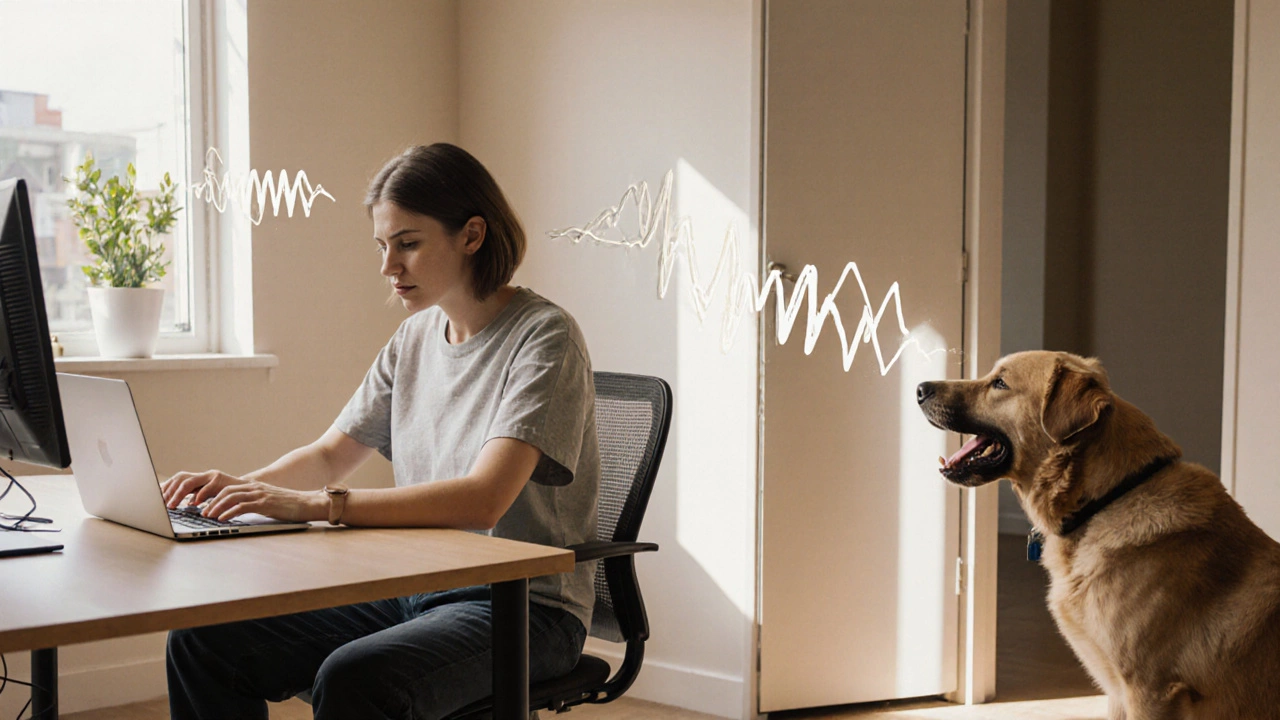When talking about Police, government agencies tasked with enforcing laws and maintaining public safety. Also known as law enforcement, they play a crucial role in how we protect our homes and neighborhoods.
One of the most visible ways police work with security tech is through surveillance cameras, devices that capture video footage for monitoring public and private spaces. These cameras provide real‑time evidence, help identify suspects, and deter criminal activity. Modern units often include high‑resolution sensors, night‑vision infrared LEDs, and cloud storage, which means police can retrieve clear footage even after dark. The more angles a property has, the quicker an officer can piece together a timeline during an investigation.
Another critical piece of the puzzle is the alarm system, a network of sensors that alerts authorities when unauthorized entry is detected. When a door or window trips, the signal goes straight to a monitoring centre that contacts police. Rapid response hinges on reliable sensors, low false‑alarm rates, and clear communication protocols. Some systems even offer two‑way audio, letting officers verify a threat before rushing to the scene. Understanding how alarms work helps homeowners set realistic expectations about police arrival times and reduces unnecessary dispatches.
Video doorbells have become a household staple, and they bring a new layer of interaction between residents and police. A video doorbell, a smart device that records visitors and streams live footage to a phone app can capture a suspect’s face before they even step inside. When a visitor behaves suspiciously, users can share the live feed with officers, speeding up threat assessment. However, these devices also raise questions about where the line is drawn between personal security and public surveillance, a debate that police departments are now navigating.
All of this tech operates under the umbrella of privacy laws, legal frameworks that protect personal data and limit unwarranted monitoring. Regulations such as GDPR in the UK set strict rules on how footage can be stored, who can view it, and how long it may be kept. Police must balance investigative needs with citizens’ rights, often requiring warrants or clear consent before accessing home‑based footage. For homeowners, understanding these rules means they can choose systems that comply with the law while still providing effective deterrence.
In short, the interplay between police, security cameras, alarm systems, video doorbells, and privacy regulations shapes the modern safety landscape. Whether you’re setting up a new system or simply curious about how law enforcement uses these tools, the articles below break down practical steps, tech comparisons, and legal considerations to help you make informed decisions.

Learn when you can call police for a noisy neighbour's dog, the legal limits in Adelaide, and practical steps-like pet-friendly alarms and council complaints-to resolve the issue.